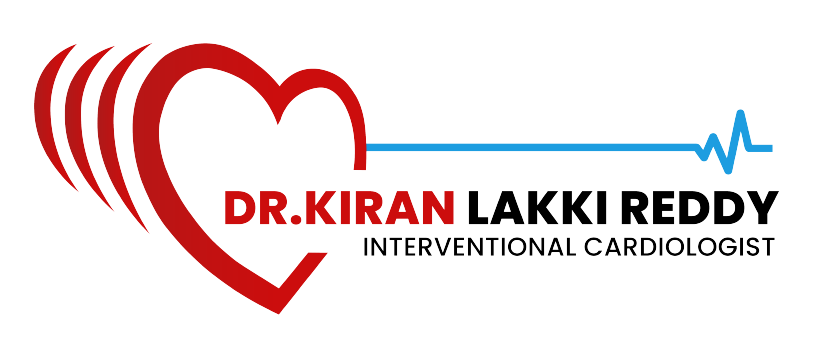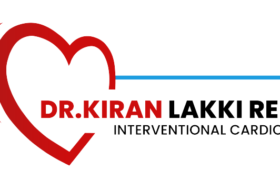Cardiac rehabilitation (CR) is a supervised program designed to help individuals with heart conditions recover, improve their cardiovascular fitness, and reduce the risk of future cardiac events. It involves a multidisciplinary approach that includes exercise training, education, counseling, and support to address various aspects of heart health.
Here are key components and benefits of cardiac rehabilitation:
-
Exercise training: CR programs provide structured and monitored exercise sessions tailored to individual needs and abilities. These exercises typically include aerobic activities (such as walking, cycling, or swimming) and may also incorporate resistance training. The exercise program aims to improve cardiovascular fitness, increase endurance, strengthen the heart muscle, and enhance overall physical well-being.
-
Education and counseling: CR programs offer educational sessions and counseling to provide individuals with essential knowledge and skills to manage their heart condition effectively. Topics covered may include heart-healthy nutrition, medication management, stress reduction techniques, smoking cessation support, and strategies for long-term lifestyle changes.
-
Risk factor modification: CR helps individuals identify and address modifiable risk factors that contribute to heart disease, such as high blood pressure, high cholesterol, diabetes, obesity, and sedentary lifestyle. Healthcare professionals provide guidance on lifestyle modifications, including adopting a heart-healthy diet, smoking cessation, weight management, and strategies for stress reduction.
-
Psychosocial support: Emotional well-being plays a crucial role in heart health. Cardiac rehabilitation programs often provide psychosocial support and counseling to address the emotional and psychological aspects of living with a heart condition. This may involve individual or group counseling sessions to address anxiety, depression, adjustment issues, and help individuals cope with the emotional impact of their condition.
-
Monitoring and follow-up: CR programs include regular monitoring of heart rate, blood pressure, and other vital signs during exercise sessions to ensure safety and effectiveness. Healthcare professionals track progress, assess response to treatment, and make any necessary adjustments to the exercise program or medications. Follow-up appointments and evaluations are conducted to evaluate long-term outcomes, reinforce healthy behaviors, and provide ongoing support.
Benefits of Cardiac Rehabilitation:
- Improved cardiovascular fitness and exercise capacity.
- Reduction in symptoms such as fatigue, shortness of breath, and chest pain.
- Lower risk of future cardiac events, including heart attacks and hospitalizations.
- Better management of modifiable risk factors, such as high blood pressure, high cholesterol, and diabetes.
- Enhanced emotional well-being and quality of life.
- Increased knowledge and understanding of heart disease, medications, and lifestyle modifications.
- Support and encouragement from healthcare professionals and peers in a structured and supervised environment.
Cardiac rehabilitation is typically recommended for individuals who have experienced a heart attack, undergone heart procedures (such as angioplasty or coronary artery bypass surgery), or have been diagnosed with heart failure or other heart conditions. The duration and frequency of CR programs may vary but typically involve multiple sessions over several weeks or months.
It’s important to consult with healthcare professionals to determine if cardiac rehabilitation is appropriate and to find a program that suits individual needs and goals. CR can be an essential part of the recovery process, promoting long-term heart health, and reducing the risk of future cardiac events.


